
In the beverage industry, many brands have used images of mountains, forests, and streams to evoke a sense of “pristine” and “purity”, making consumers believe in the “naturalness” of the product, while the ingredients or production process do not correspond. Illustrative photo.
The National Competition Commission has just issued a recommendation for consumers to proactively read labels carefully, check ingredients and origins, and ask sellers to provide documents proving the greenness of the product, to avoid encountering the situation of "fake Green advertising" or "Greenwashing" of many businesses today.
In fact, when shopping, people may encounter advertisements with ambiguous images and language, to create the feeling that the product is environmentally friendly. For example, the product is "100% natural" or "zero emissions" but in reality it is not. This is dishonest advertising, "fake Green advertising" or "Greenwashing".
"Greenwashing" makes consumers pay high prices for products labeled "Green" but are actually not environmentally friendly. Therefore, the National Competition Commission recommends that consumers carefully research information. At the same time, they can call the hotline 1800.6838 to promptly report signs of violations of "fake Green" products.
Source: https://vtv.vn/can-trong-voi-san-pham-bi-tay-xanh-100250925061320834.htm





![[Photo] Soldiers guard the fire and protect the forest](https://vphoto.vietnam.vn/thumb/1200x675/vietnam/resource/IMAGE/2025/9/27/7cab6a2afcf543558a98f4d87e9aaf95)







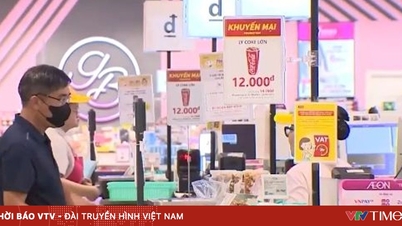
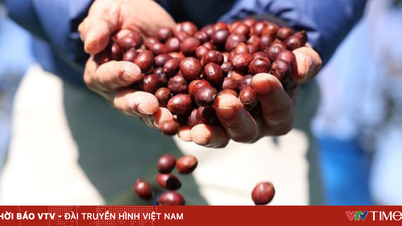


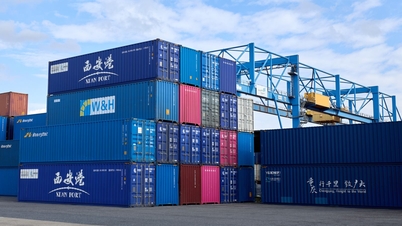

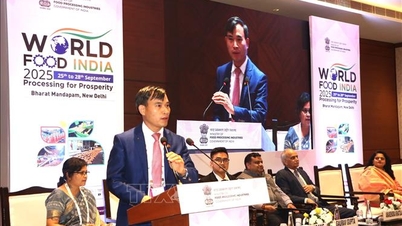








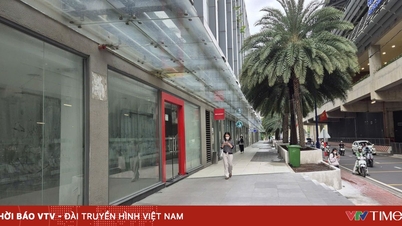
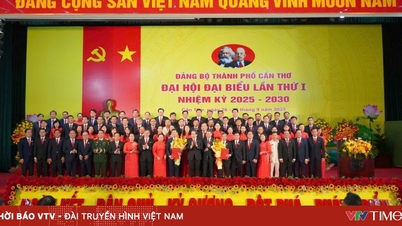





![[Photo] Prime Minister Pham Minh Chinh attends the 1st Hai Phong City Party Congress](https://vphoto.vietnam.vn/thumb/1200x675/vietnam/resource/IMAGE/2025/9/27/676f179ddf8c4b4c84b4cfc8f28a9550)






























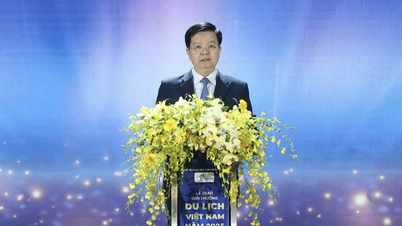









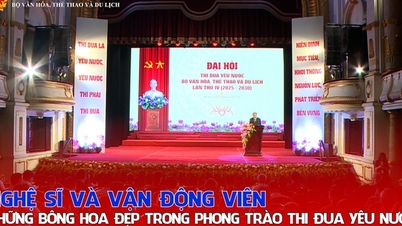



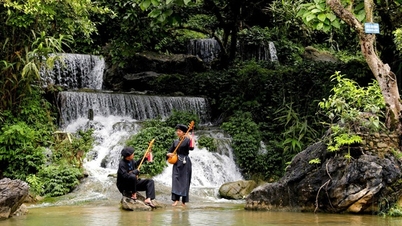

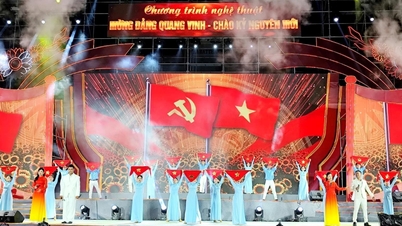



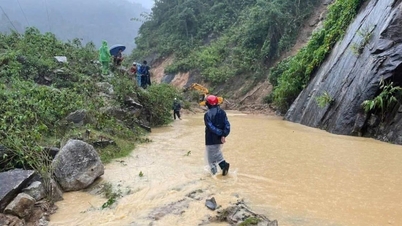



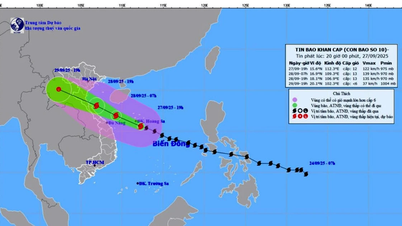
















Comment (0)